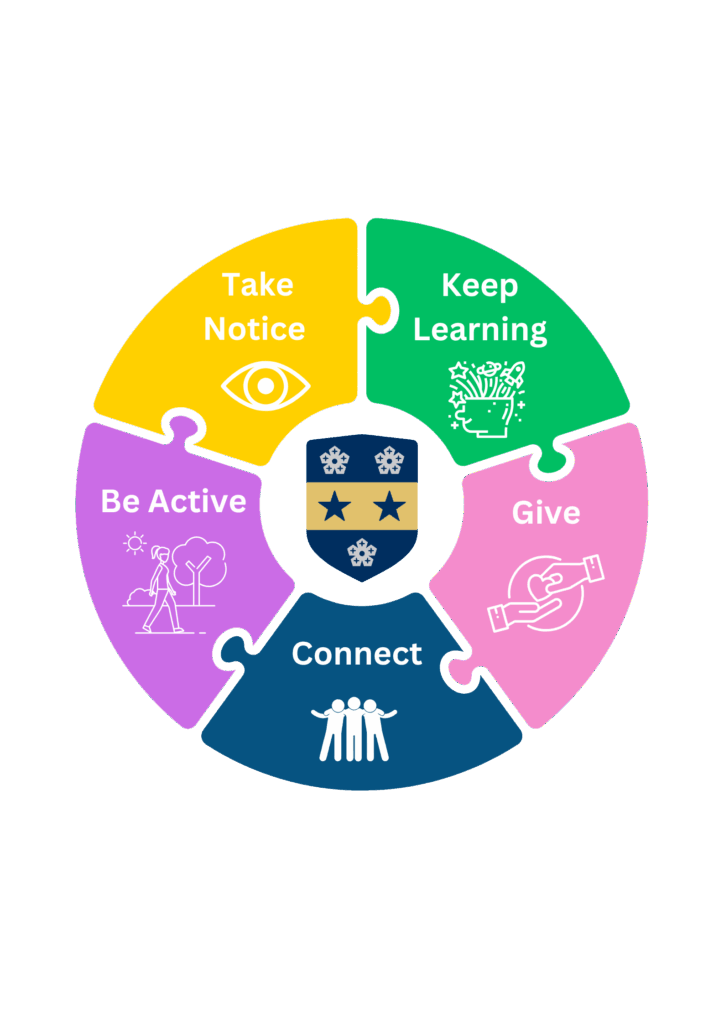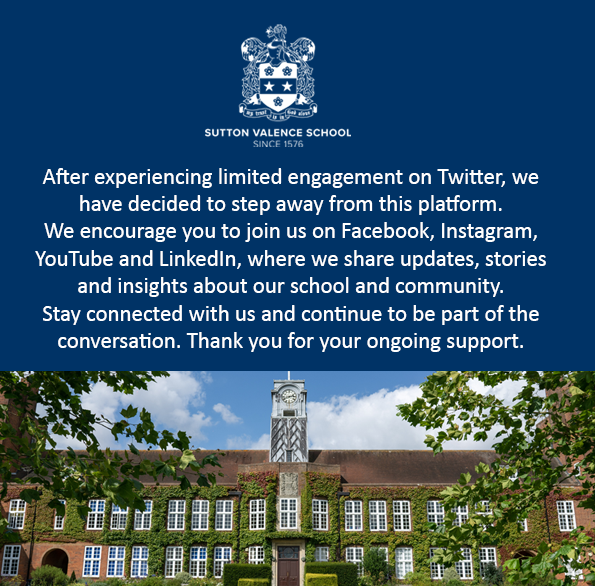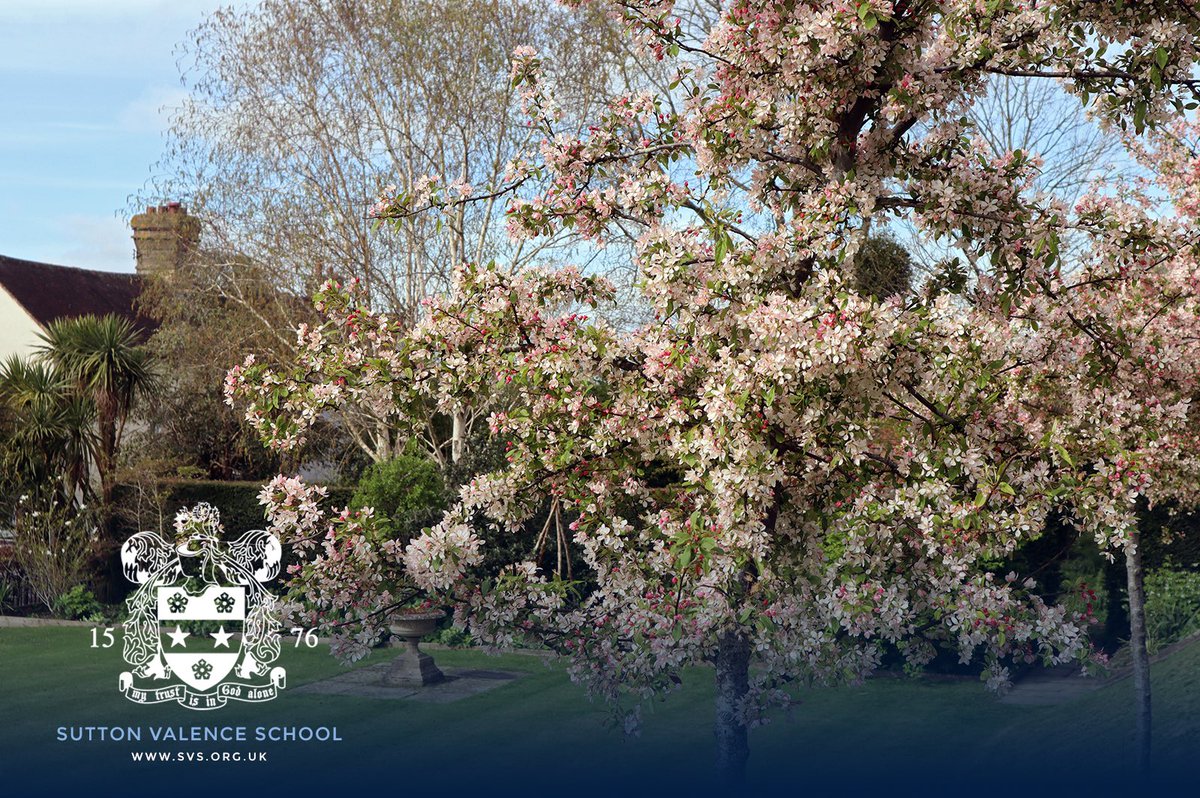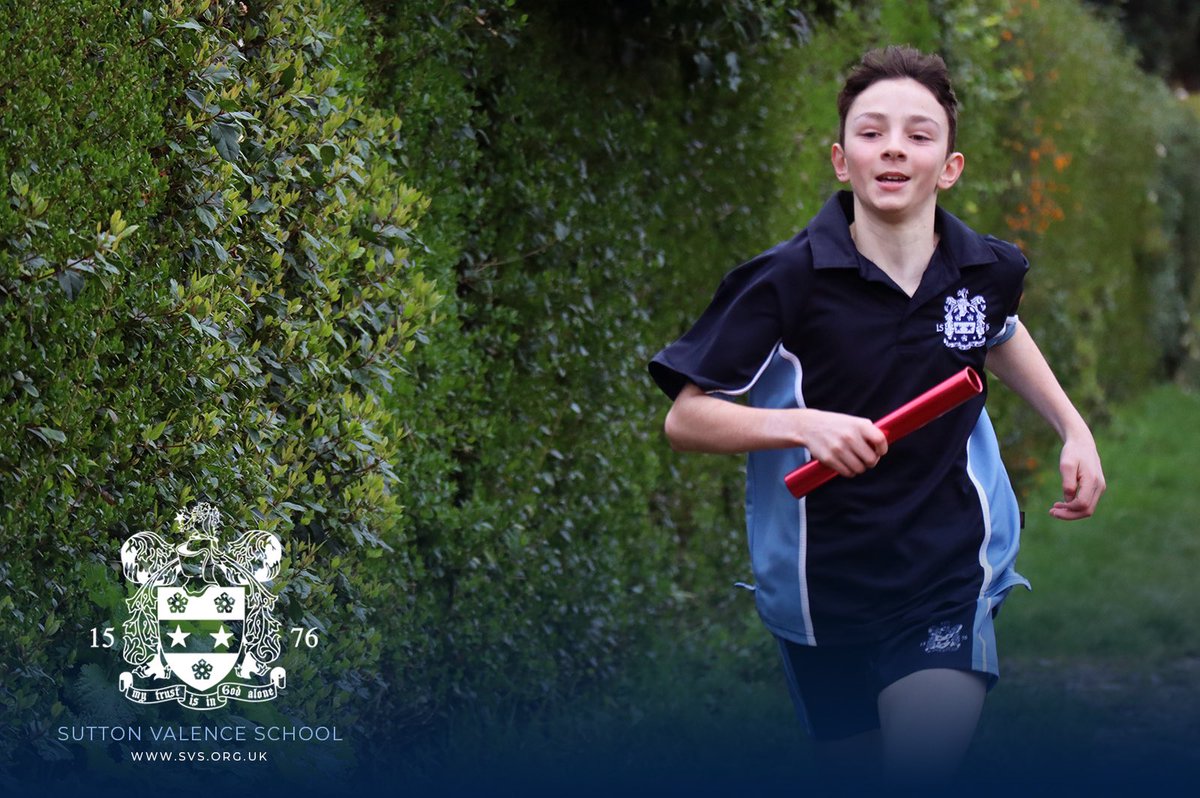
During our breakout assembly with the Lower Sixth Form on Monday, I announced a leadership opportunity for students to join the Wellbeing Ambassador Team. I was delighted to find several emails waiting in my inbox within minutes of returning to my desk from students eager to get involved. This group will complete their Mental Health First Aid training at the start of the second half of the Michaelmas Term.
As we return after the Half Term break, students will begin the next topics in our Wellbeing curriculum. Below is an overview of what each year group will be covering over the coming weeks.
First Form – Diversity, prejudice and bullying
• About identity, rights and responsibilities
• About living in a diverse society
• How to challenge prejudice, stereotypes and discrimination
• The signs and effects of all types of bullying, including online
• How to respond to bullying of any kind, including online
• How to support others
Second Form – Discrimination in all its forms
• How to manage influences on beliefs and decisions
• About group-think and persuasion
• How to develop self-worth and confidence
• About gender identity, transphobia and gender-based discrimination
• How to recognise and challenge homophobia and biphobia
• How to recognise and challenge racism and religious discrimination
Third Form – Respectful relationships, families and parenting, healthy relationships, conflict resolution and relationship changes
• About different types of families and parenting, including single parents, same sex parents, blended families, adoption and fostering
• About positive relationships in the home and ways to reduce youth homelessness
• About conflict and its causes in different contexts (e.g. with family and friends)
• Conflict resolution strategies
• How to manage relationship and family changes, including relationship breakdown, separation and divorce
• How to access support services
Fourth Form – Financial decision making, the impact of financial decisions, debt, gambling and the influence of advertising
• How to effectively budget and evaluate savings options
• How to prevent and manage debt, including understanding credit ratings and payday lending
• How data is generated, collected and shared, and the influence of targeted advertising
• How thinking errors (e.g. gambler’s fallacy) can increase susceptibility to gambling
• Strategies for managing influences related to gambling, including online
• About the relationship between gambling and debt
• About the law and illegal financial activities, including fraud and cybercrime
• How to manage risk in relation to financial activities
Fifth Form – Independence, responsible health choices and safety in independent contexts
• How to assess and manage risk and safety in new situations (e.g. social settings, road safety)
• Critical thinking and the use of AI
• Emergency first aid skills
• How to assess emergency and non-emergency situations and contact appropriate services
• The links between lifestyle and some cancers
• The importance of screening and how to perform self-examinations
• About vaccinations and immunisations
• How to register with and access doctors, sexual health clinics, opticians and other health services
• How to manage influences and risks relating to cosmetic or aesthetic body alterations
• About blood, organ and stem cell donation
Sixth Form – Diversity and inclusion
• Living in a diverse society
• Challenging prejudice and discrimination
• How to communicate personal values in different types of relationships
• Strategies to challenge prejudice and discrimination in relation to inclusion and the protected characteristics of the Equality Act (2010)
• About rights, roles and responsibilities in a diverse society and how to respect and advocate for them
• To celebrate cultural diversity and promote inclusion
• About the ways different faith or cultural views can influence relationships, and how to challenge these appropriately
• How to safely challenge prejudice and discrimination, including online
• About extremism and radicalisation – how to reduce risks and when, where and how to seek help
Assessing Wellbeing in Education (AWE)
After Half Term, we will also begin our next cycle of AWE (Assessing Wellbeing in Education) surveys. For new parents: students complete the AWE assessment twice a year. It is a short online questionnaire (29 questions, taking around 5–10 minutes) designed to measure and track wellbeing across The school community.
The AWE assessment uses validated psychometric scales and scientifically informed questions from psychology research. It draws on multiple theories of wellbeing to give a rounded picture rather than focusing on one model.
The School receives anonymised data by house and form group which is very helpful to inform our Wellbeing curriculum and allow us to create a bespoke programme that meets the needs of our School community.
Each student also receives a personalised wellbeing report. This is written in clear, accessible language with easy-to-read graphs showing changes over time. Students are encouraged to discuss their results with family and friends, as open conversations about what is going well and what could be improved are often the first step towards better wellbeing. They can also speak with their tutors, housemistresses/masters or a member of our Wellbeing team. For more information, please visit www.awesomeschools.com.





